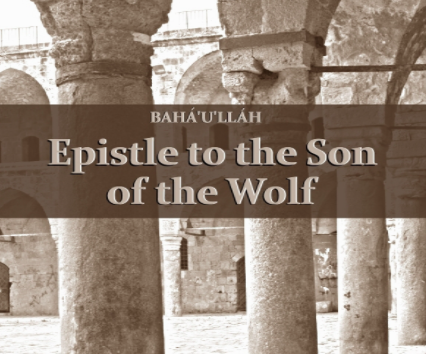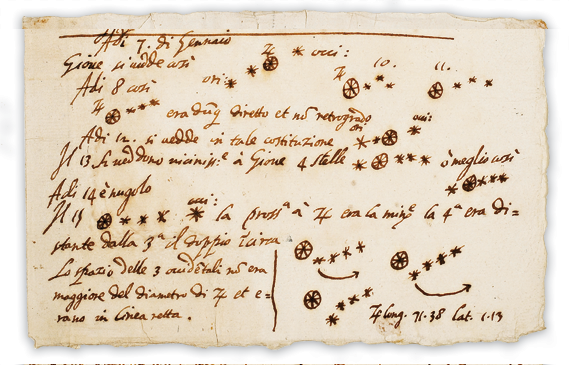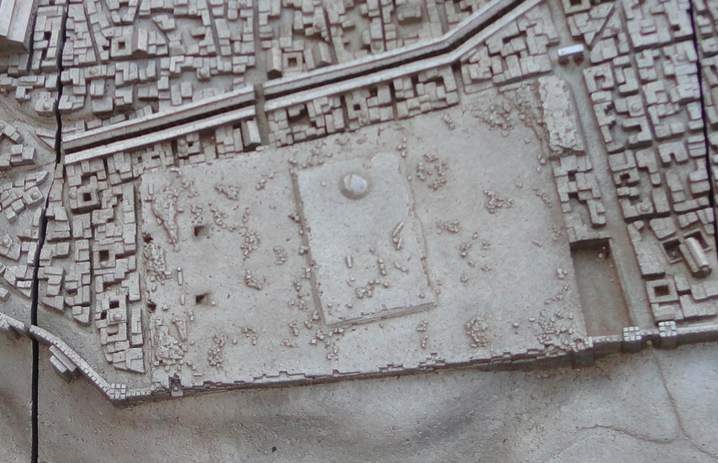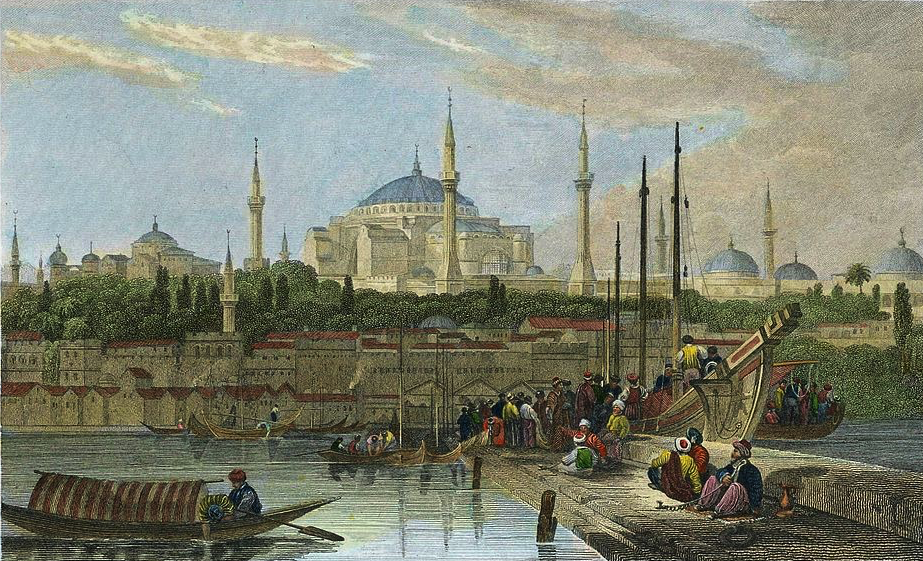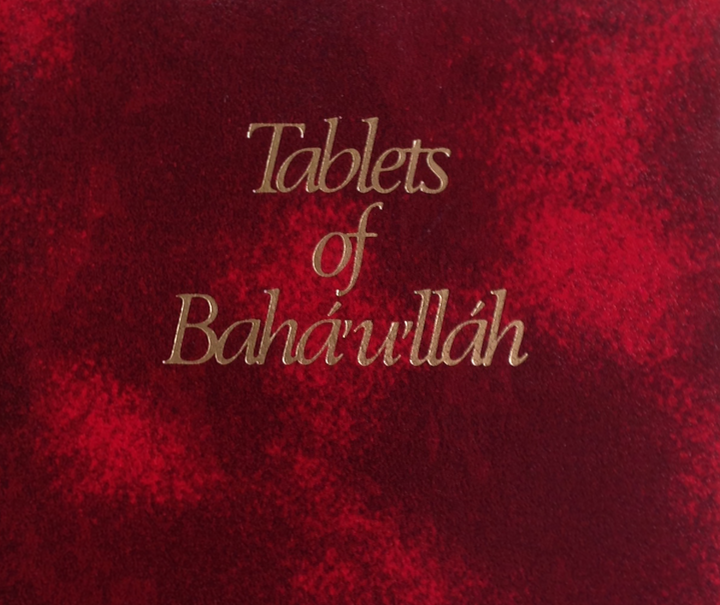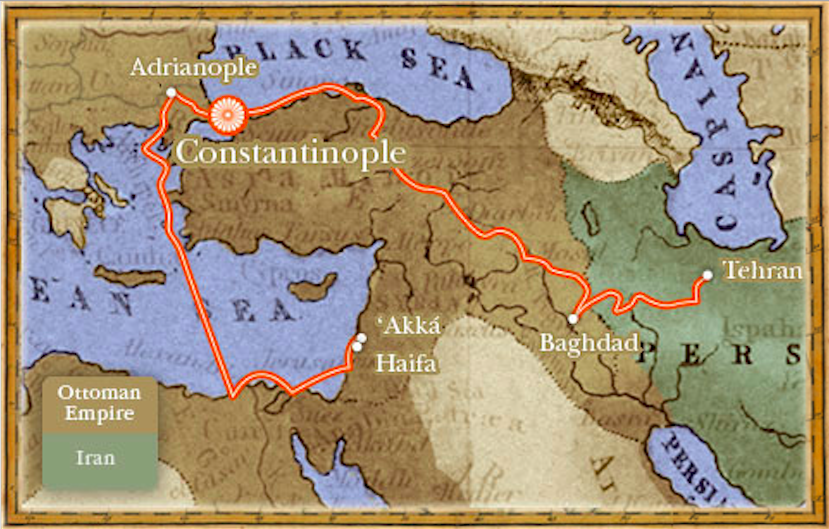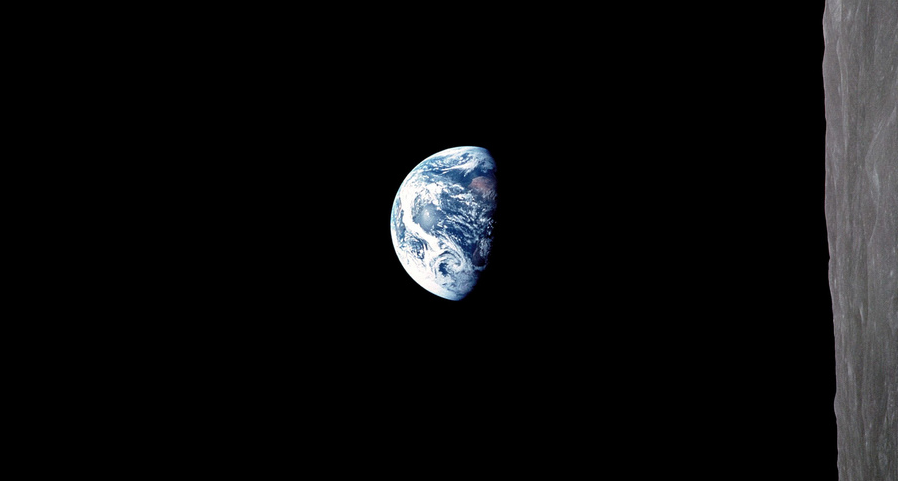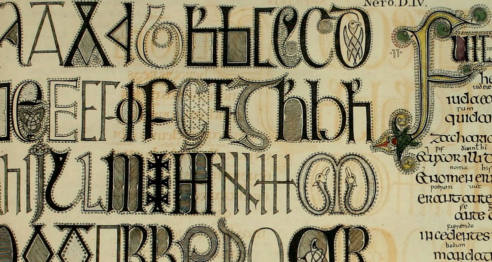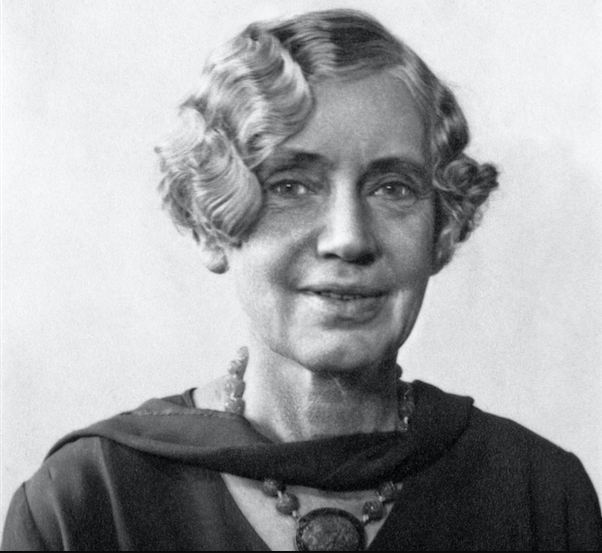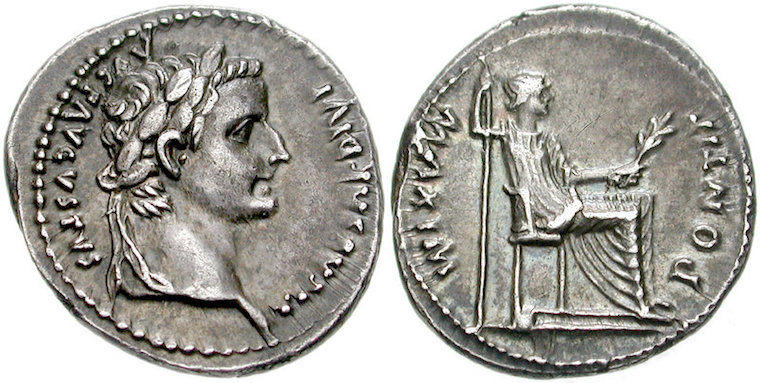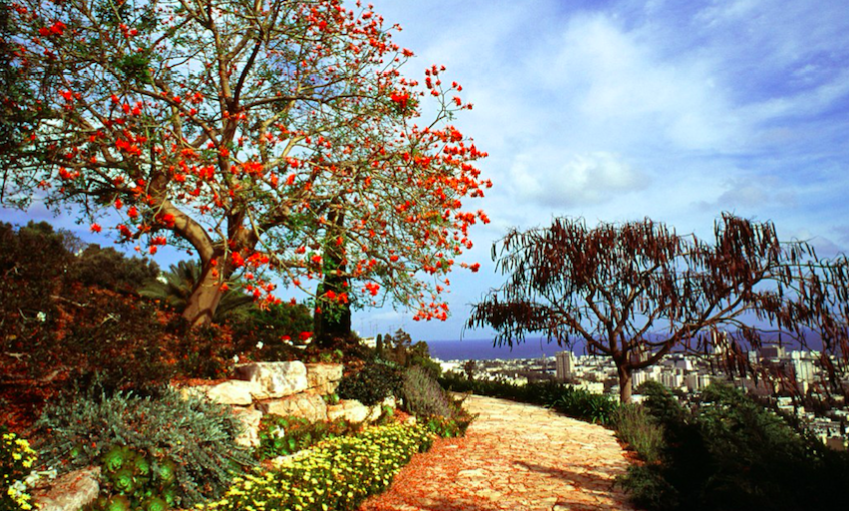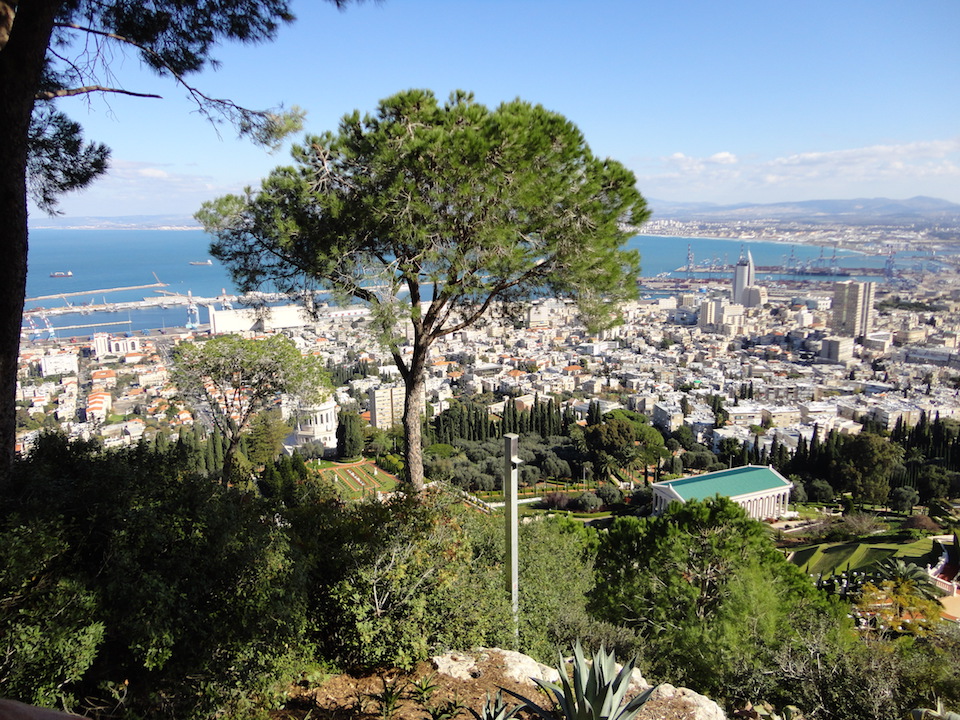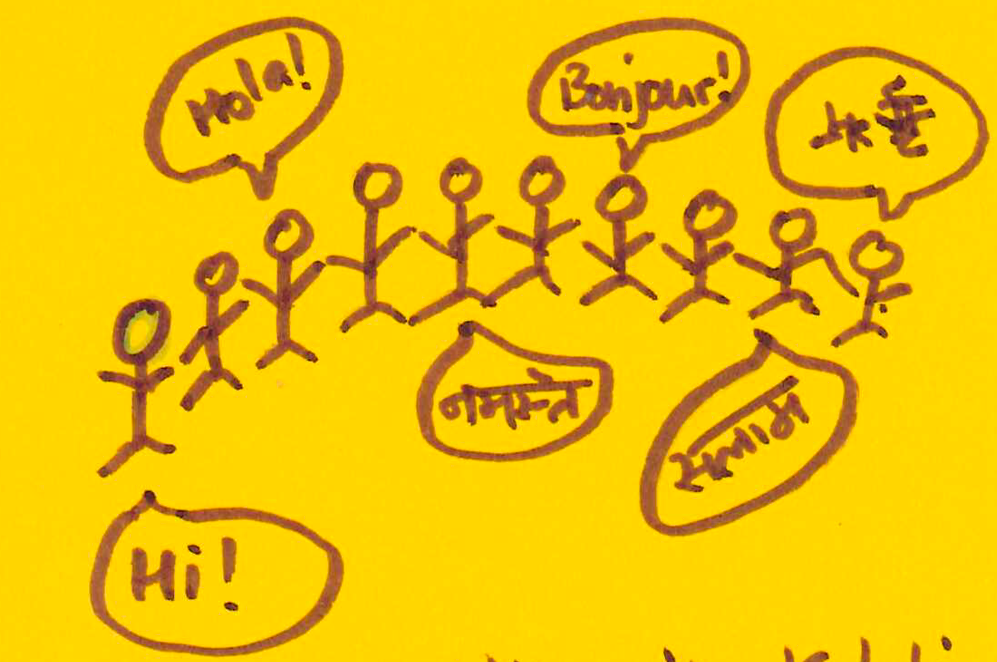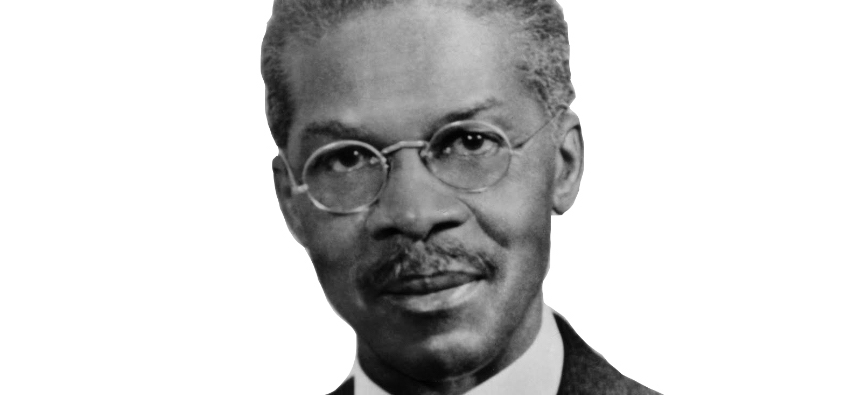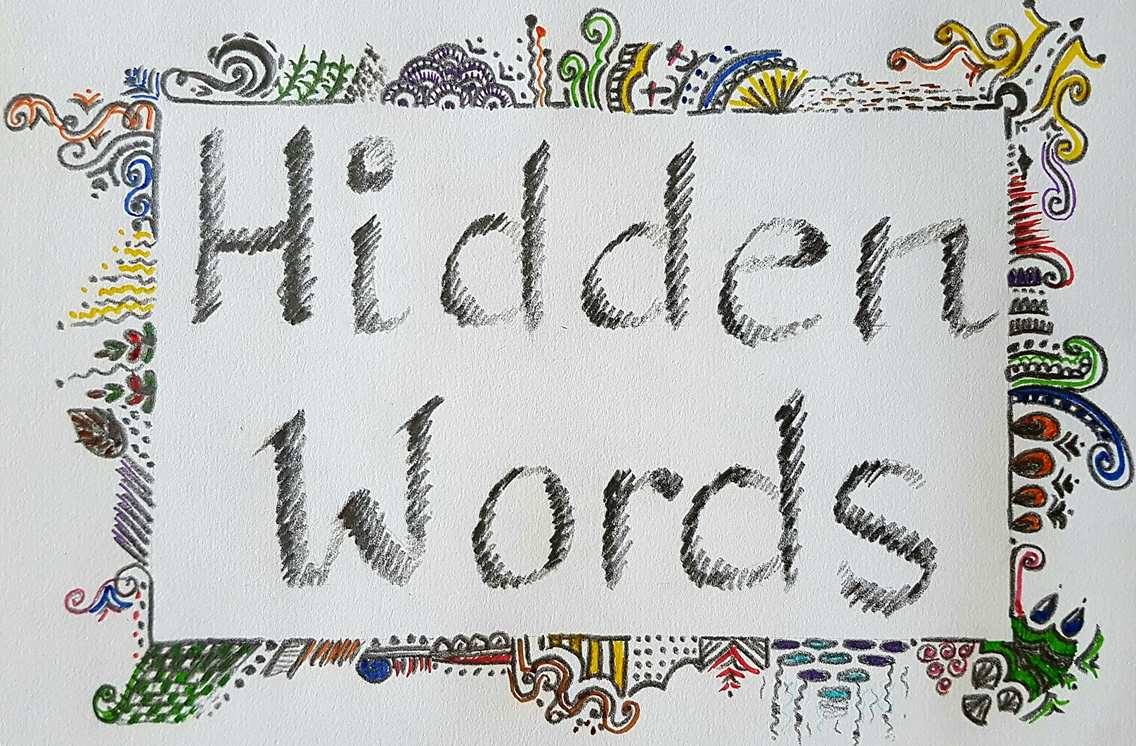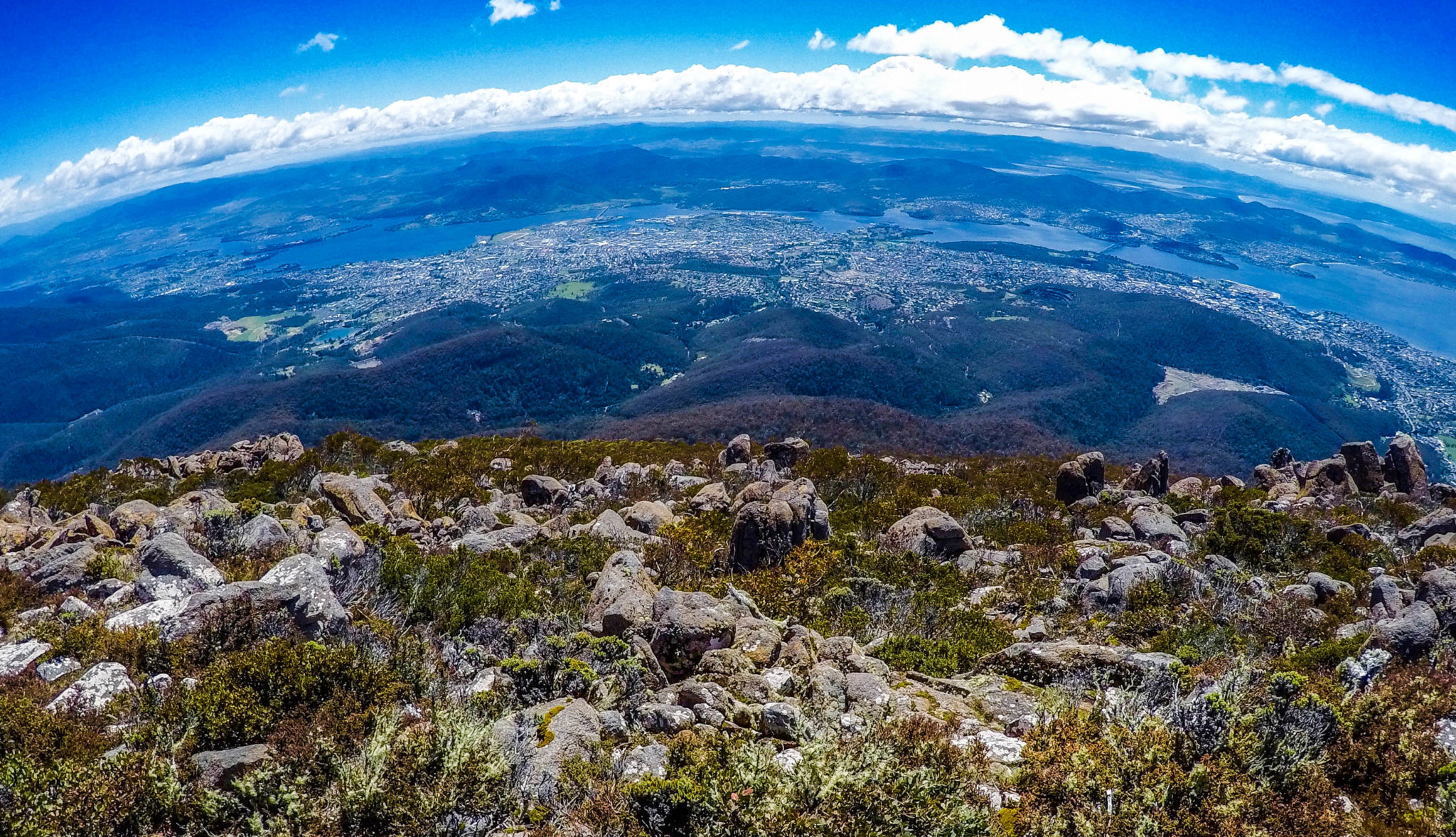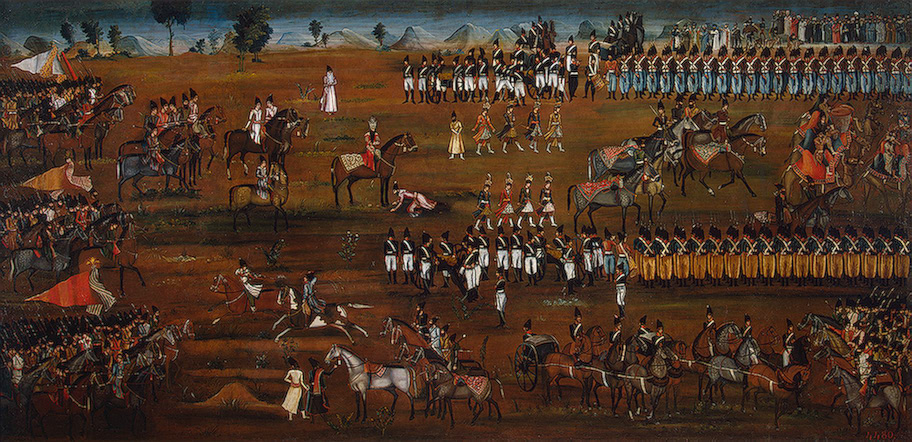200th anniversary articles
-
Good News — Bahá’u’lláh’s Glad Tidings
Good news — glad tidings or “gospel”, to use an old English word. In Arabic, “bisharat”. Bahá’u’lláh’s Glad Tidings are a short collection of teachings concerned with reform of the world. They are addressed to all human beings. Bahá’u’lláh notes the abolition of the following as key consequences of his Glad Tidings. The abolition of holy war, destruction of books, the ban on association and companionship with other peoples and on reading certain books. There are 15 Glad Tidings. The following is a brief summary of some of them, sometimes accompanied by a personal reflection. Of course it is best to refer to the Glad Tidings themselves. The first glad tiding is the…
-
Harmony of Science and Religion — Dispelling Superstition
“Among … principles of Bahá’u’lláh’s teachings was the harmony of science and religion.” With words such as these ‘Abdu’l-Bahá introduces us to another core principle he identifies in Bahá’u’lláh’s teachings and thought. But what does this principle mean and how does it relate to the quite fractious debates that emerge from time to time in society? ‘Abdu’l-Bahá goes further: Religion must stand the analysis of reason. It must agree with scientific fact and proof so that science will sanction religion and religion fortify science. Both are indissolubly welded and joined in reality. If statements and teachings of religion are found to be unreasonable and contrary to science, they are outcomes…
-
Oneness of Humanity: A Sense of Community and a Glass of Water — the Baha’i Feast
In Bahá’u’lláh’s teachings, the oneness of humanity is nurtured through an interconnected network of concepts that address human unity at many levels. Among those concepts is the simple action of gathering together. The concept is found in the call of followers of different religions to associate together in friendship. It is also found in the Baha’i Feast. … it is enjoined upon you to offer a feast, once in every month, though only water be served; for God hath purposed to bind hearts together, albeit through both earthly and heavenly means.[1] This concept has been elaborated over time to form the Baha’i institution known as the Nineteen Day Feast, held…
-
Oneness of Humanity — Reconstruction and Demilitarisation of the Entire World
When you say you believe in the oneness of humanity, sometimes people think you are making a “motherhood and apple pie” statement. “Let’s all love each other”. It’s true that in one sense that’s exactly what it means. But it also implies far more. Shoghi Effendi, Bahá’u’lláh’s great-grandson, in the 1930’s and in the lead up to World War II, provided an analysis of the implications of this principle. Let there be no mistake. The principle of the Oneness of Mankind — the pivot round which all the teachings of Bahá’u’lláh revolve — is no mere outburst of ignorant emotionalism or an expression of vague and pious hope…. It calls…
-
Martha Root — An Astonishing Life
Today I am at a Baha’i meeting, and I want to say thank you for the blessing of having such times in my life. To each and every soul who helps to make so many of those gatherings a veritable corner of paradise — thank you. This morning we are reflecting on the life of Martha Root, a woman whose life was inspired and transformed by Bahá’u’lláh. We will be reading about her life as introduced on the website bahaiteachings.org. I hope you can join us in spirit and read along. In one of his earlier works, the Hidden Words, Bahá’u’lláh observes that “words are the property of all alike” and that “guidance hath ever been given…
-
Human Nature: Hidden Gems and Tempered Steel
Bahá’u’lláh often calls us to rise to the positive potential we have within us. The words he uses evoke a rich imagery of human nature. Regard man as a mine rich in gems of inestimable value. Education can, alone, cause it to reveal its treasures, and enable mankind to benefit therefrom.[1] Or here: Thou art even as a finely tempered sword concealed in the darkness of its sheath and its value hidden from the artificer’s knowledge. Wherefore come forth from the sheath of self and desire that thy worth may be made resplendent and manifest unto all the world.[2] Or here: Out of the essence of knowledge I gave thee…
-
All Things Made New: Humanity’s Coming of Age
Who can doubt that we live in a new age? Our times are profoundly different to the past. So different as to be entirely unprecedented. We live, indeed, at the threshhold of humanity’s coming of age. The inadequate terminologies that capture the “newness” of our times include terms such as the industrial age, the information age, the Anthropocene and modernity. Societies which had undergone relatively little change in centuries or millennia have been entirely reshaped. Relations between the genders have broken out of a strict hierarchy that stretches back to the beginning of agriculture. Relations between government and citizen, likewise, have been entirely reshaped compared to the past. Human equality…
-
Bahá’u’lláh’s Call for a Common Language for the World
We live on the same planet, we breathe the same air, we belong to the same community of humankind. Yet we don’t speak the same language. Often we can’t understand each other at all. Many times we struggle to communicate well. It’s clear enough what an impediment the absence of a common human language is to peace and understanding in the world. Bahá’u’lláh calls for the adoption of such a language. It is incumbent upon all nations to appoint some men of understanding and erudition to convene a gathering and through joint consultation choose one language from among the varied existing languages, or create a new one, to be taught to…
-
Justice and Fairness to All of Creation
Most of the articles so far in this series have been focussed implicitly or explicitly on human concerns and human relationships. However, Bahá’u’lláh’s writings also draw attention to the relationship human beings have with the natural world of which we are a part. For example, Bahá’u’lláh draws attention to the obligations that human beings have to animals. … show kindness to animals….[1] Burden not an animal with more than it can bear. We, truly, have prohibited such treatment through a most binding interdiction in the Book.[2] We may think of the concept of “burden” in a narrow sense of direct cruelty to animals; but that Bahá’u’lláh seems to intend more is suggested by the…

